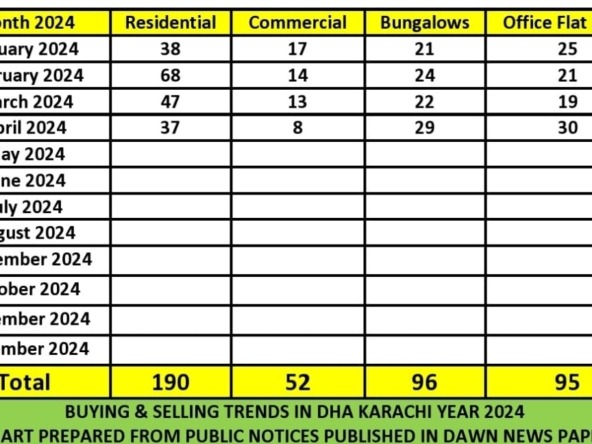Introduction
As a real estate professional, you understand the importance of planning. Creating a business plan is no exception. A well-crafted business plan is your roadmap to success. It provides direction, sets goals, and helps you measure your progress.
The Importance of a Business Plan
A real estate brokerage business plan is a written document that outlines your business goals, operational plan, and financial plan. It is the foundation upon which you will build your business. A well-written business plan can help you secure funding, attract clients, and establish your brand.
Key Elements of a Business Plan
A successful one should contain the following key elements:
Executive Summary
The executive summary is a brief overview of your business plan. It should be clear and concise and provide a snapshot of your business.
Company Description
The company description provides an overview of your business. It should include information about your business structure, services, target market, and competition.
Market Analysis
The market analysis provides an in-depth look at your target market. It should include information about your industry, local market, and competition.
-
Marketing and Sales Strategy
The marketing and sales strategy outlines how you plan to promote and sell your services. It should include information about your target audience, marketing channels, and sales tactics.
Operational Plan
Outlines how you organize and run your business. It should include information about your team, processes, and procedures.
Financial Plan
The financial plan outlines your business’s financial projections. It should include information about your startup costs, revenue projections, and expenses.

How to Create a Business Plan
Now that you understand the key elements of a successful plan, it’s time to get started. Here are the steps to create a one that will set you up for success:
Step 1: Research and Analysis
Before you start writing your plan, you need to conduct research and analysis. This includes researching your target market, competition, and industry trends. Use this information to identify opportunities and potential challenges.
Step 2: Define Your Business
Next, define your business. This includes defining your services, target market, and unique selling proposition. Use this information to craft a company description.
Step 3: Develop Your Marketing and Sales Strategy
Once you’ve defined your business, you can develop your marketing and sales strategy. Identify your target audience, marketing channels, and sales tactics. Use this information to craft a marketing and sales strategy.
Step 4: Create Your Operational Plan
The operational plan outlines how you plan to run your business. Identify your team, processes, and procedures. Use this information to craft an operational plan.
Step 5: Develop Your Financial Plan
The financial plan outlines your business’s financial projections. Identify your startup costs, revenue projections, and expenses. Use this information to craft a financial plan.












